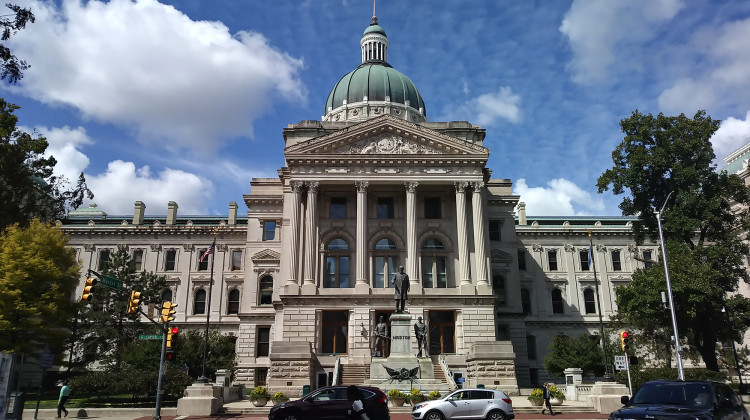INDIANAPOLIS (AP) — The legal fight over the increased power Indiana legislators gave themselves to intervene during public health emergencies will be going before the state Supreme Court, although not for nearly five months.
The state’s highest court issued an order Wednesday taking over a lawsuit that Republican Gov. Eric Holcomb filed against the GOP-dominated Legislature contending that that a law granting the power violates the state constitution.
A Marion County judge upheld the new law last month, ruling that the constitution gives the General Assembly the authority to determine when and for how long it will meet.
READ MORE: Lawmakers consider December meeting to help governor end public health emergency
Holcomb is appealing that decision. The Supreme Court’s order sets an April 7 hearing for arguments from private attorneys hired by the governor’s office and the state attorney general’s office, which is representing the Legislature.
The new law establishes a process under which legislative leaders can call the General Assembly into an “emergency session.” Holcomb’s lawsuit argues that the law violates a state constitutional provision that says only the governor can call the Legislature into a special session after its annual sessions adjourn, which is normally late April in odd-numbered years and mid-March during even-numbered years.
Republican legislators advanced the law following criticism from conservatives over a statewide mask mandate and other COVID-19 restrictions that Holcomb imposed by executive order.
 DONATE
DONATE









 View More Programs
View More Programs

 Support WFYI. We can't do it without you.
Support WFYI. We can't do it without you.